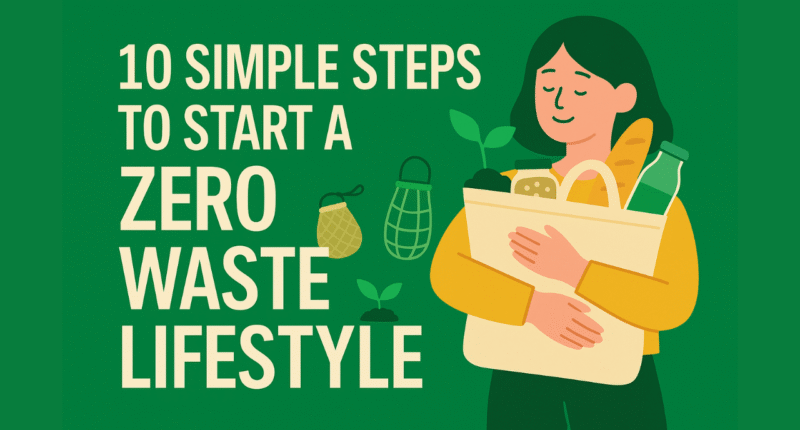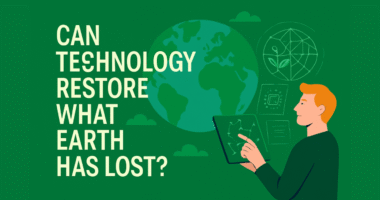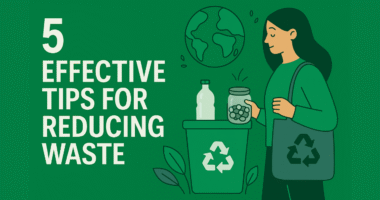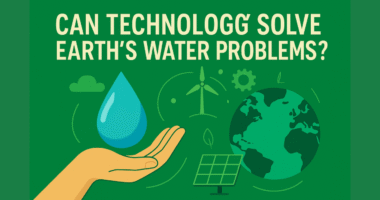Living a zero waste lifestyle may sound overwhelming at first, but it doesn’t have to be complicated. The concept is simple: reduce what you throw away, reuse items whenever possible, and recycle responsibly. By making small, consistent changes in your daily life, you can significantly reduce your environmental impact. In this article, we’ll explore 10 simple steps to help you start your zero waste journey today.
Why Choose a Zero Waste Lifestyle?
The world generates millions of tons of waste each year, much of which ends up in landfills or pollutes our oceans. A zero waste lifestyle helps:
-
Protect the environment
-
Save money over time
-
Promote sustainable living
Step 1: Refuse Single-Use Plastics
Say “no” to plastic straws, cutlery, and shopping bags. Carry reusable alternatives like stainless-steel straws, cloth bags, and bamboo utensils.
Step 2: Reduce What You Buy
Before purchasing, ask yourself if you truly need the item. Minimalist shopping not only reduces waste but also saves money.
Step 3: Reuse and Repurpose
Instead of throwing things away, look for ways to reuse them. Glass jars can store food, old clothes can be turned into cleaning rags, and boxes can be reused for storage.
Step 4: Replace Disposable Items with Reusables
Switch to reusable bottles, coffee cups, and lunch containers. Over time, these alternatives reduce plastic waste and save hundreds of single-use items from ending up in landfills.
Step 5: Recycle Correctly
Know your local recycling rules. Sort plastics, paper, glass, and metals properly. Recycling works best when materials are clean and separated.
Step 6: Compost Food Waste
Food scraps make up a large percentage of household waste. Composting turns leftovers into nutrient-rich soil that can be used in gardens or potted plants.
Pro Tip: If you don’t have space, check if your community offers compost drop-off points.
Step 7: Buy in Bulk
Purchase food, cleaning products, or toiletries in bulk to reduce packaging waste. Bring your own jars or containers when shopping at bulk stores.
Step 8: Support Sustainable Brands
Choose products from companies committed to eco-friendly packaging and ethical sourcing. This helps drive demand for greener business practices.
Step 9: DIY Where Possible
Making your own cleaning products, beauty items, or even snacks reduces packaging waste. Simple recipes using natural ingredients like vinegar, baking soda, and essential oils are effective and affordable.
Step 10: Educate and Inspire Others
Share your journey with family and friends. The more people embrace zero waste practices, the bigger the collective impact on Earth’s future.
Conclusion
Starting a zero waste lifestyle doesn’t require perfection—it’s about progress, not pressure. By following these 10 simple steps—refusing plastics, reducing consumption, reusing, composting, recycling, and supporting sustainable choices—you’ll make a meaningful difference. Remember, small changes add up to a big impact when it comes to protecting our planet.









